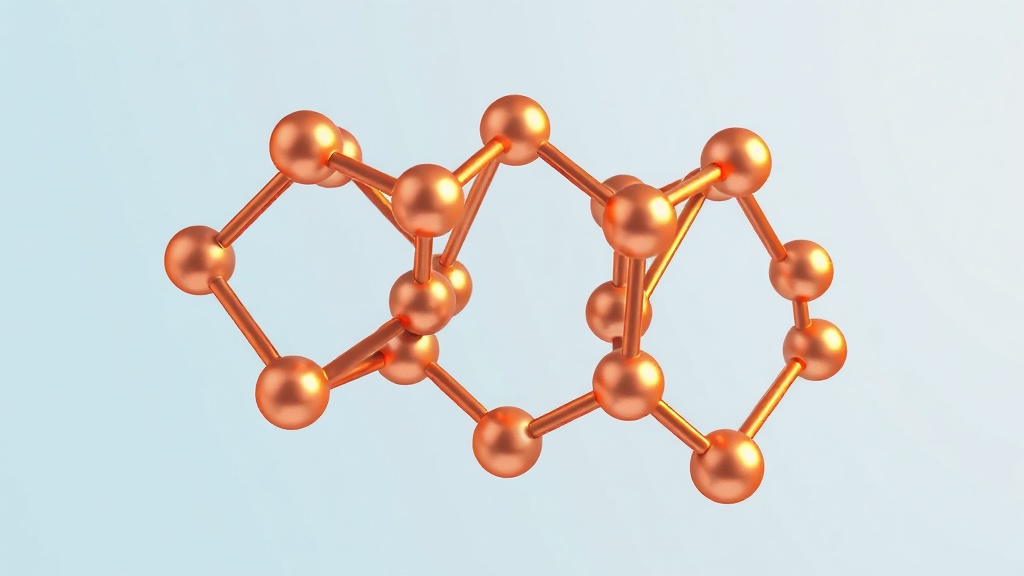Home / Science / Chemists Awarded 2025 Nobel for Pioneering Metal-Organic Frameworks
Chemists Awarded 2025 Nobel for Pioneering Metal-Organic Frameworks
8 Oct
Summary
- 2025 Nobel Prize in Chemistry awarded to Susumu Kitagawa, Richard Robson, and Omar Yaghi
- For developing metal-organic frameworks (MOFs), a new type of molecular architecture
- MOFs have potential to address challenges like carbon capture, water filtration, and more

On Wednesday, the Royal Swedish Academy of Sciences announced the winners of the 2025 Nobel Prize in Chemistry. Susumu Kitagawa, Richard Robson, and Omar Yaghi have been recognized for their pioneering work in developing a revolutionary new type of molecular architecture known as metal-organic frameworks (MOFs).
The innovation behind MOFs lies in the way metal ions act as cornerstones, linked together by long, carbon-based molecules to form organized crystals containing large cavities. By carefully selecting different building blocks, chemists can design MOFs to capture specific substances, drive chemical reactions, or even conduct electricity.
Since the laureates' groundbreaking discoveries in the 1990s and early 2000s, MOFs have unlocked a wealth of potential applications that could address some of humanity's most pressing challenges. These include capturing carbon dioxide, filtering PFAS chemicals from water, breaking down pharmaceutical traces in the environment, and even harvesting water from desert air.
The Nobel Committee praised the laureates' work, stating that "Metal-organic frameworks have enormous potential, bringing previously unforeseen opportunities for custom-made materials with new functions." Their discoveries have opened a new frontier in chemistry, transforming MOFs into versatile tools for innovation across industries and research fields.



